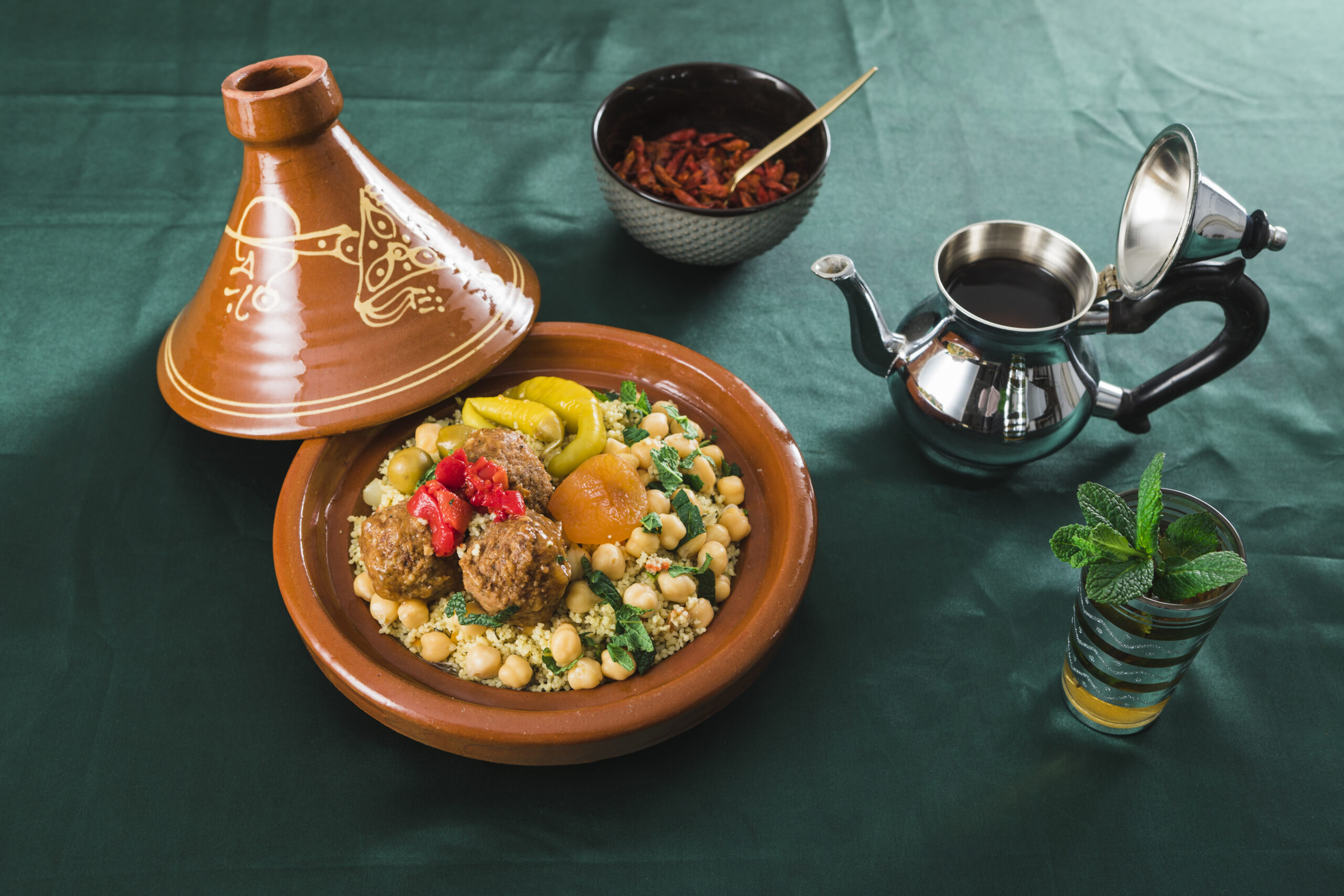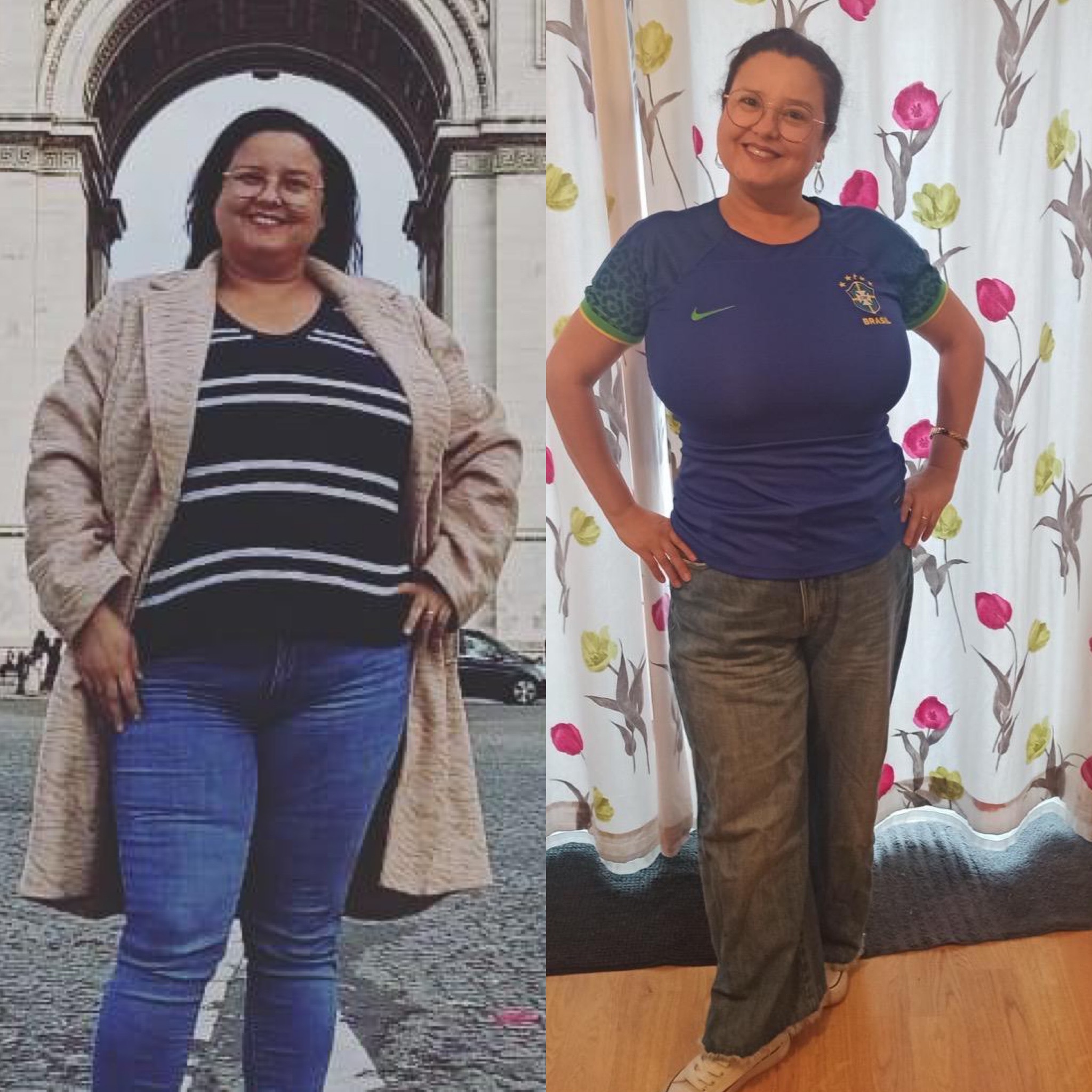10 Arabic Foods That Support Weight Loss

Arabic cuisine offers a wealth of delicious, wholesome foods that can support weight loss while still allowing you to enjoy your traditional meals. By focusing on healthy ingredients and portion control, you can savour the flavours of the Middle East and achieve your health goals.
As a Harley Street nutritionist in the heart of London, I have the honour of encountering patients of many different cultures and backgrounds. The diversity of people we see in our clinic is incredible because it enables us to gain experience with different cuisines and cultures. As a nutritionist, I aim to teach people to eat well to lose weight and transform their health, so today, I will list here 10 Arabic foods that support weight loss.
Arabic cuisine offers a wealth of delicious, wholesome foods that can support weight loss while still allowing you to enjoy your traditional meals. By focusing on healthy ingredients and portion control, you can savour the flavours of the Middle East and achieve your health goals.
Here are 10 Arabic foods commonly enjoyed that can help you on your weight loss journey:
1. Hummus (Chickpeas)
Hummus, made from chickpeas, tahini, olive oil, and lemon, is a popular dip in Arabic cuisine. Chickpeas are packed with fibre and protein, which keep you full longer and help reduce overall calorie intake. Homemade versions allow you to control the ingredients for a healthier option.
Tip: Use hummus as a dip for fresh vegetables or spread it on rice cake for a satisfying and nutritious snack.
2. Lentil Soup (Shorbat Adas)
Lentil soup is a go-to in many Middle Eastern households. It’s low in calories but rich in fibre and protein, making it ideal for weight loss. Lentils help control hunger by promoting feelings of fullness and aiding digestion.
Tip: Have a medium bowl of lentil soup as a light meal or a small bowl before your main dish to help manage portion sizes.
3. Grilled Fish
In many coastal regions, fish like sea bass, salmon, and mackerel are staples of Arabic diets. Fish is a lean source of protein and rich in omega-3 fatty acids, which can boost metabolism and aid in fat loss.
Tip: Season your fish with Arabic spices like sumac or za’atar and grill it for a healthy, flavourful meal.
4. Dates (Tamr)
Though dates are naturally sweet, they are loaded with fibre, vitamins, and minerals like magnesium, making them a better choice than processed sweets. Eaten in moderation, they provide an energy boost without spiking blood sugar excessively.
Tip: Limit your intake to 2–3 dates when craving something sweet, and pair them with almonds or walnuts for a balanced snack.
5. Salads with Cucumbers and Tomatoes (Salata)
Fresh salads made from cucumbers, tomatoes, parsley, and lemon juice are refreshing and low-calorie. These vegetables are rich in water content and vitamin C, which helps with hydration and keeping hunger at bay.
Tip: Start your meals with a fresh salad to add volume to your meal without adding many calories.
6. Bulgur Wheat
Bulgur, commonly used in dishes like tabbouleh and kibbeh, is a whole grain that’s low in calories and rich in fibre. It helps you stay full longer and is a great alternative to white rice.
Tip: Add bulgur to salads or serve it as a side dish to keep meals satisfying and nutrient-dense. Control portion size for weight loss.
7. Eggplant (Batinjan)
Eggplant is a popular vegetable in Arabic cuisine, often used in dishes like baba ghanoush or moussaka. Low in calories and high in fiber, it helps promote digestion and satiety when prepared healthily.
Tip: Bake or grill eggplant with olive oil and Arabic spices for a tasty, low-calorie side dish or spread.
8. Plain Yogurt (Laban)
Plain yoghurt is a common side dish in many Arabic meals. It’s a rich source of protein and probiotics, which aid digestion and help you feel fuller longer. Choose unsweetened versions to avoid unnecessary sugar.
Tip: Use full-fat, plain yoghurt as a base for dressings or enjoy it with a sprinkle of seeds for a light snack.
9. Olives
Olives are a flavourful addition to many Arabic dishes and are rich in healthy fats, particularly monounsaturated fats, which can help promote fat burning. Eating them in moderation can be beneficial for weight loss.
Tip: Include a few olives in salads or dishes like fatteh for added flavour and healthy fats.
10. Quinoa
Though quinoa isn’t traditional in Arabic cuisine, it’s becoming popular as a healthy grain alternative. Rich in protein and fibre, quinoa supports weight loss by keeping you full and energised.
Tip: Use quinoa in place of rice or mix it with Arabic spices for a flavorful and healthy side dish.
Arabic cuisine can be a healthy choice for weight loss. The key is to make the right adaptations and control portion sizes. A nutritionist or dietitian can help you choose wisely. If you need help to lose weight and are looking for a bespoke diet that caters for your food preferences and culture, we can help you from anywhere in the world with online consultations.
Get an action plan with a Free Assessment!
Get personalized insights to enhance your well-being and achieve your goals. In this 15-minute video call, we will listen to you and guide you on what you need to do.
Schedule Your Free AssessmentRecent blogs







